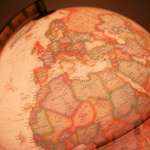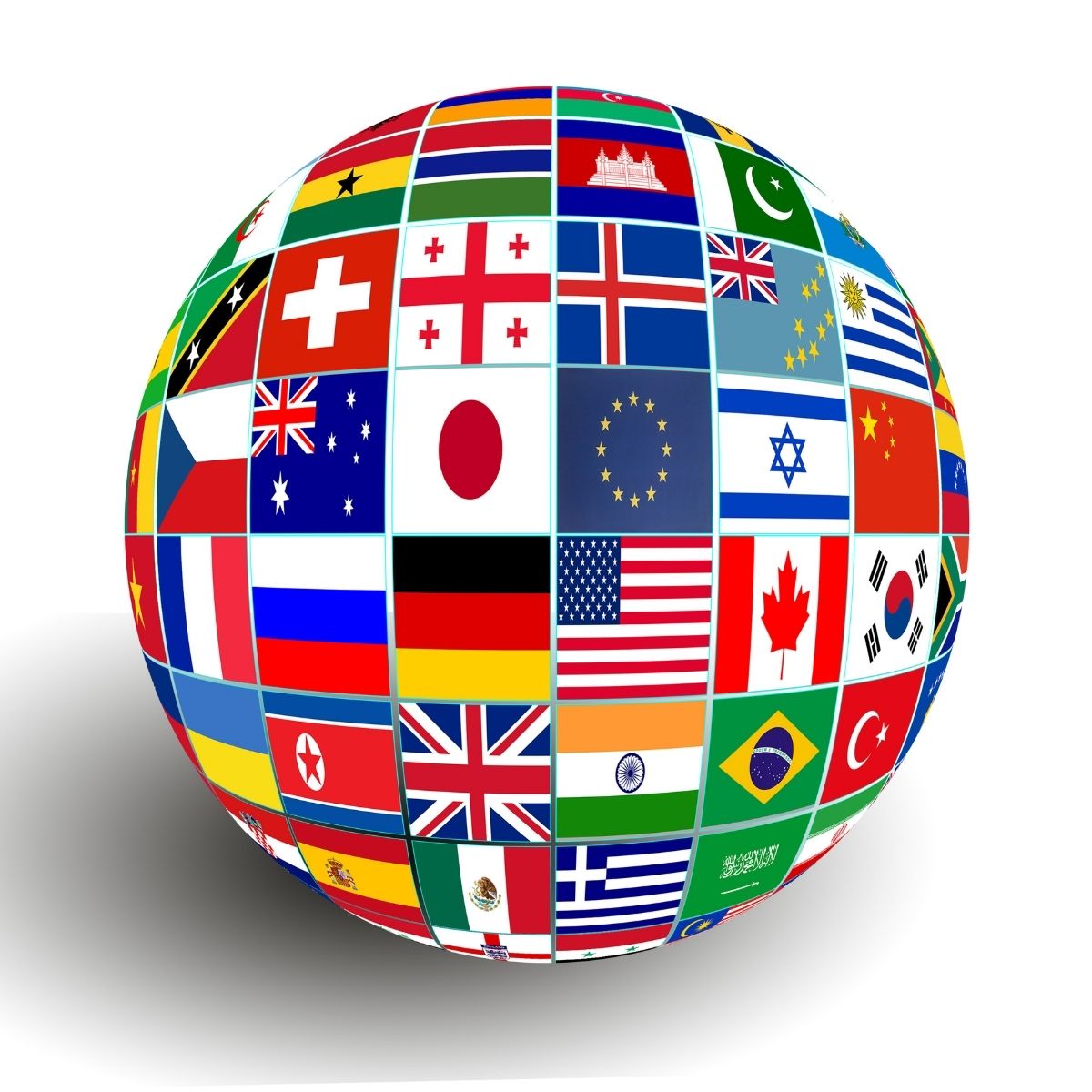In an increasingly interconnected world, the concept of being an “expat” has shed its niche status and entered mainstream conversations. Once associated primarily with corporate transferees or intrepid adventurers, expatriation is now a vibrant and diverse phenomenon, attracting individuals from all walks of life. But what exactly draws people to uproot their lives and settle in a foreign land? The motivations are as varied as the expats themselves, yet several key drivers consistently emerge.
For many, the allure of career opportunities is undeniable. In a globalized economy, specialized skills or leadership potential might be in higher demand, or offer more competitive compensation, elsewhere. Some proactively seek international roles to accelerate their professional growth, gain invaluable cross-cultural experience, or even to escape stagnant job markets in their home countries. Companies, too, often incentivize moves with attractive expat packages that can include housing allowances, relocation assistance, and even educational benefits for families, making the financial aspect a significant draw.
Beyond the professional, the pursuit of a better quality of life is a powerful magnet. This can manifest in numerous ways: a lower cost of living that stretches savings further, access to universal healthcare, a more relaxed pace of life, or simply a warmer climate and more sunshine. Individuals might seek an escape from political instability, high crime rates, or the relentless stress of their home country, finding peace and security in a new environment. For retirees, this often translates to sun-drenched coasts and communities built for a comfortable golden age.
Then there are the adventurers and cultural enthusiasts. For them, becoming an expat is an extension of their wanderlust, a deeper dive into a new culture that goes far beyond a vacation. They crave immersion – learning a new language, savoring unfamiliar cuisines, understanding different customs, and challenging their preconceived notions of the world. This desire for personal growth and a broader perspective can be incredibly enriching, fostering adaptability, resilience, and a profound sense of global citizenship. Students, too, often embark on expat journeys for educational opportunities, seeking specialized programs or world-renowned institutions that open new academic and personal horizons.
Finally, personal connections play a significant role. Love, family reunification, or simply the desire to be closer to relatives who have already made the leap, can be powerful motivators. These emotional ties can provide a crucial anchor in a new country, easing the transition and building a support network.
Of course, expat life isn’t without its challenges – homesickness, bureaucracy, and cultural adjustment are common hurdles. Yet, for a growing number of individuals, the compelling benefits of new experiences, professional advancement, improved quality of life, and profound personal growth make the leap abroad an irresistible prospect. The world is getting smaller, and for many, that means making a home wherever opportunity and happiness beckon.
And this is where we come in. Our FREE Transition Guide gives you the following help:
- The mindset shift every future expat needs
- How to choose the best destination for your lifestyle
- The key documents and legal steps to prepare
- Visa types explained in plain English
- Financial planning tips for your move







